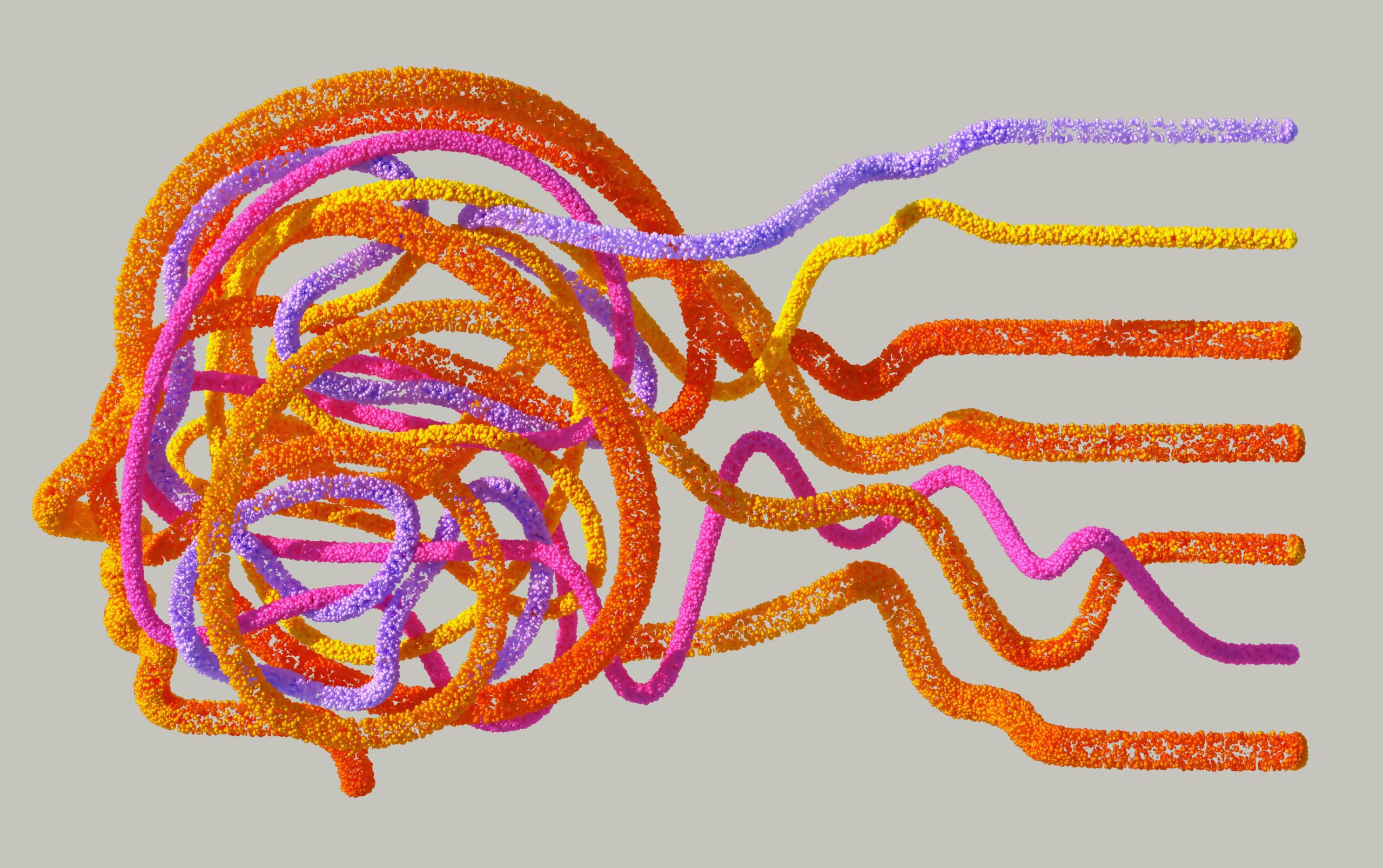The rapid evolution of neural networks is reshaping every facet of modern life, from healthcare diagnostics to autonomous vehicles. As these artificial intelligence systems become increasingly sophisticated, society faces unprecedented ethical dilemmas that demand immediate attention and thoughtful navigation.
The intersection of technology and morality has never been more critical than in the current era of machine learning advancement. Neural networks, inspired by the human brain’s architecture, are now capable of making decisions that profoundly impact human lives, raising fundamental questions about responsibility, fairness, and the future we’re building together.
🧠 The Foundation of Neural Network Ethics
Neural networks operate through layers of interconnected nodes that process information in ways that can sometimes be opaque even to their creators. This “black box” nature presents the first major ethical challenge: how can we trust decisions we cannot fully explain? When a neural network denies a loan application, recommends a medical treatment, or identifies a suspect in a criminal investigation, the reasoning behind these decisions must be transparent and accountable.
The concept of algorithmic accountability extends beyond mere technical understanding. It encompasses the responsibility of developers, organizations, and policymakers to ensure these systems serve humanity’s best interests. As neural networks become embedded in critical infrastructure, the stakes of getting ethics right continue to escalate exponentially.
The Privacy Paradox in Machine Learning
Neural networks require vast amounts of data to function effectively, creating an inherent tension between performance and privacy. Every image, text sample, or behavioral pattern fed into these systems represents real people with legitimate expectations of privacy. The ethical challenge lies in balancing the societal benefits of advanced AI with individual rights to data protection.
Data collection practices have become increasingly sophisticated, often capturing information users don’t explicitly consent to sharing. Facial recognition systems trained on billions of images, natural language models absorbing entire internet archives, and recommendation engines tracking every click create unprecedented surveillance capabilities. The question isn’t whether we can collect this data, but whether we should, and under what circumstances.
Consent in the Age of Big Data
Traditional consent models break down when dealing with neural networks. Users rarely understand how their data will be processed, transformed, and utilized across multiple AI systems. Terms of service agreements have become so complex that meaningful consent becomes practically impossible. This reality demands new frameworks for data ethics that go beyond checkbox agreements.
Federated learning and differential privacy represent promising technical solutions that allow neural networks to learn from data without directly accessing sensitive information. However, these approaches require additional computational resources and may reduce model performance, creating economic pressures that can override ethical considerations.
⚖️ Bias and Fairness: The Reflection Problem
Neural networks learn from historical data, which means they inevitably absorb the biases present in that information. When training data reflects societal prejudices regarding race, gender, age, or socioeconomic status, the resulting AI systems perpetuate and potentially amplify these inequities. This technical reality transforms into an ethical imperative: we must actively work to identify and mitigate bias in AI systems.
The challenge of bias operates on multiple levels. Training data bias occurs when datasets unequally represent different groups. Algorithmic bias emerges from how models are structured and optimized. Deployment bias happens when systems are applied in contexts different from their training environment. Each layer requires distinct ethical interventions and ongoing vigilance.
Real-World Consequences of Biased Systems
The impact of biased neural networks extends far beyond abstract fairness concerns. Hiring algorithms that systematically disadvantage women or minorities perpetuate workplace discrimination. Criminal justice risk assessment tools that overestimate recidivism rates for certain demographic groups contribute to mass incarceration. Healthcare AI that performs poorly for underrepresented populations creates dangerous disparities in medical outcomes.
Addressing these issues requires more than technical fixes. It demands diverse development teams, rigorous testing across demographic groups, and willingness to delay deployment when fairness cannot be assured. The pressure to rapidly commercialize AI innovations often conflicts with the careful, deliberate approach that ethical development requires.
Autonomy and Human Agency in Decision-Making
As neural networks assume greater decision-making authority, fundamental questions arise about human autonomy. Should AI systems merely advise humans, or can they act independently? When automation improves efficiency and reduces errors, where do we draw the line to preserve meaningful human control? These questions lack simple answers but demand serious consideration.
The concept of “human in the loop” has emerged as a potential safeguard, ensuring that critical decisions always involve human judgment. However, this approach faces practical limitations. When AI systems process information faster than humans can comprehend, when they operate at scales beyond human supervision, or when humans develop over-reliance on algorithmic recommendations, the protective value of human oversight diminishes.
The Automation Paradox 🤖
Ironically, as we develop neural networks to assist human decision-making, we risk eroding the very skills we’re trying to augment. Pilots who rely heavily on autopilot systems may lose manual flying proficiency. Doctors who depend on diagnostic AI might see their clinical judgment atrophy. This automation paradox creates ethical obligations to maintain human expertise even as we deploy assistive technologies.
Accountability When Algorithms Fail
Neural networks will inevitably make mistakes with serious consequences. When an autonomous vehicle causes an accident, when a medical diagnosis AI misses a critical condition, or when a content moderation algorithm suppresses legitimate speech, who bears responsibility? The distributed nature of AI development complicates traditional notions of accountability.
Developers write code, data scientists curate training sets, product managers define objectives, executives approve deployment, and users provide input that shapes model behavior. This complex chain of causation makes it difficult to assign liability when things go wrong. Legal systems designed for human decision-making struggle to address algorithmic harms.
Building Ethical Accountability Frameworks
Effective accountability requires multiple interconnected mechanisms. Technical audits can identify problems in model behavior. Regulatory oversight ensures compliance with established standards. Corporate governance structures embed ethics into organizational decision-making. Legal frameworks provide recourse for those harmed by AI systems. No single approach suffices; comprehensive accountability demands coordinated action across all these domains.
The insurance industry offers an interesting model. Just as professional liability insurance creates financial incentives for responsible medical practice, AI liability coverage could encourage thorough testing and careful deployment. However, developing actuarial models for AI risk remains challenging given the technology’s novelty and rapid evolution.
🌍 Global Perspectives on AI Ethics
Ethical challenges in neural network development don’t respect national boundaries, yet different cultures bring distinct values to these discussions. Western frameworks often emphasize individual rights and autonomy. Asian perspectives may prioritize collective harmony and social benefit. Indigenous worldviews contribute insights about relationship with technology and environmental stewardship.
The European Union’s approach to AI regulation emphasizes precaution and human rights, as exemplified by GDPR and proposed AI Act. The United States tends toward innovation-friendly self-regulation. China balances technological advancement with social stability concerns. These differing approaches create both opportunities for learning and risks of fragmentation that could undermine global cooperation.
The Need for Cross-Cultural Dialogue
Developing truly ethical AI systems requires engagement across cultural boundaries. What seems obviously fair in one context may perpetuate injustice in another. Facial recognition accuracy varies across ethnicities. Language models perform differently across linguistic communities. Healthcare AI trained primarily on Western populations may fail elsewhere. These disparities highlight the necessity of global collaboration in establishing ethical standards.
Environmental Ethics and Computational Costs
The environmental impact of neural network development represents an often-overlooked ethical dimension. Training large language models can consume electricity equivalent to the lifetime energy use of several cars. Data centers required for AI infrastructure generate significant carbon emissions. The pursuit of ever-larger models raises questions about sustainability and responsible resource allocation.
This environmental consideration intersects with social justice issues. The communities most affected by climate change often have the least influence over AI development decisions. The benefits of advanced neural networks accrue primarily to wealthy nations and corporations, while environmental costs are distributed globally. Ethical AI development must account for these distributive justice concerns.
🔮 The Path Forward: Principles for Ethical Development
Navigating these complex ethical challenges requires commitment to core principles that guide neural network development. Transparency demands that AI systems be explainable to the extent technically feasible. Accountability ensures clear responsibility for algorithmic decisions. Fairness requires active efforts to identify and mitigate bias. Privacy protection must be built into systems from the ground up, not added as an afterthought.
Beyond these foundational principles, ethical AI development demands ongoing evaluation and adaptation. Technology evolves rapidly, creating new ethical challenges that current frameworks may not address. Regular ethics audits, diverse stakeholder engagement, and willingness to pause or redirect development when concerns arise must become standard practice rather than exceptional measures.
Empowering Ethical AI Practitioners
Individual developers and data scientists face ethical dilemmas daily. Organizations must create environments where raising ethical concerns is encouraged rather than penalized. Ethics training should be integrated throughout AI education, not treated as a separate topic. Professional codes of conduct, similar to those in medicine or engineering, can provide guidance for practitioners navigating difficult decisions.
The AI ethics community continues to grow, bringing together technologists, philosophers, social scientists, and affected communities. This interdisciplinary collaboration is essential because no single perspective can address the multifaceted challenges neural networks present. Effective solutions require technical expertise, philosophical rigor, social awareness, and lived experience of those most impacted by these technologies.
Beyond Compliance: Cultivating Ethical Culture
True ethical AI development transcends mere regulatory compliance. It requires organizational cultures that genuinely value human welfare alongside technical achievement and commercial success. This cultural shift challenges the move-fast-and-break-things mentality that has characterized much of the tech industry. Neural networks capable of breaking things that matter—trust, privacy, fairness, safety—demand more thoughtful approaches.
Companies leading in ethical AI demonstrate that responsible development and business success need not conflict. Organizations that invest in fairness achieve better model performance across diverse populations. Companies that prioritize privacy build stronger customer trust. Businesses that engage with ethical concerns early avoid costly problems later. Ethical AI isn’t merely the right thing to do; it’s increasingly the smart thing to do.

🌟 Shaping Tomorrow’s Intelligence Today
The ethical challenges of neural network development will shape humanity’s future in profound ways. These technologies hold immense potential to address pressing problems from disease diagnosis to climate modeling. Yet that same power, deployed without ethical guardrails, risks amplifying inequality, eroding privacy, and concentrating control in ways that undermine human flourishing.
We stand at a pivotal moment where the choices made today about AI ethics will reverberate for generations. The future of neural networks isn’t predetermined by technological imperatives. It will be shaped by the values we embed in these systems, the care we take in their development, and our collective commitment to ensuring that artificial intelligence serves humanity rather than the reverse.
Every developer writing code, every executive approving projects, every policymaker crafting regulations, and every user engaging with AI systems participates in defining what ethical AI means in practice. This responsibility is not burden but opportunity—the chance to build technologies that genuinely improve human life while respecting human dignity, protecting individual rights, and promoting collective welfare. The ethical challenges are significant, but so too is our capacity to meet them with wisdom, care, and determination.
Toni Santos is a cognitive storyteller and cultural researcher dedicated to exploring how memory, ritual, and neural imagination shape human experience. Through the lens of neuroscience and symbolic history, Toni investigates how thought patterns, ancestral practices, and sensory knowledge reveal the mind’s creative evolution. Fascinated by the parallels between ancient rituals and modern neural science, Toni’s work bridges data and myth, exploring how the human brain encodes meaning, emotion, and transformation. His approach connects cognitive research with philosophy, anthropology, and narrative art. Combining neuroaesthetics, ethical reflection, and cultural storytelling, he studies how creativity and cognition intertwine — and how science and spirituality often meet within the same human impulse to understand and transcend. His work is a tribute to: The intricate relationship between consciousness and culture The dialogue between ancient wisdom and neural science The enduring pursuit of meaning within the human mind Whether you are drawn to neuroscience, philosophy, or the poetic architecture of thought, Toni invites you to explore the landscapes of the mind — where knowledge, memory, and imagination converge.




